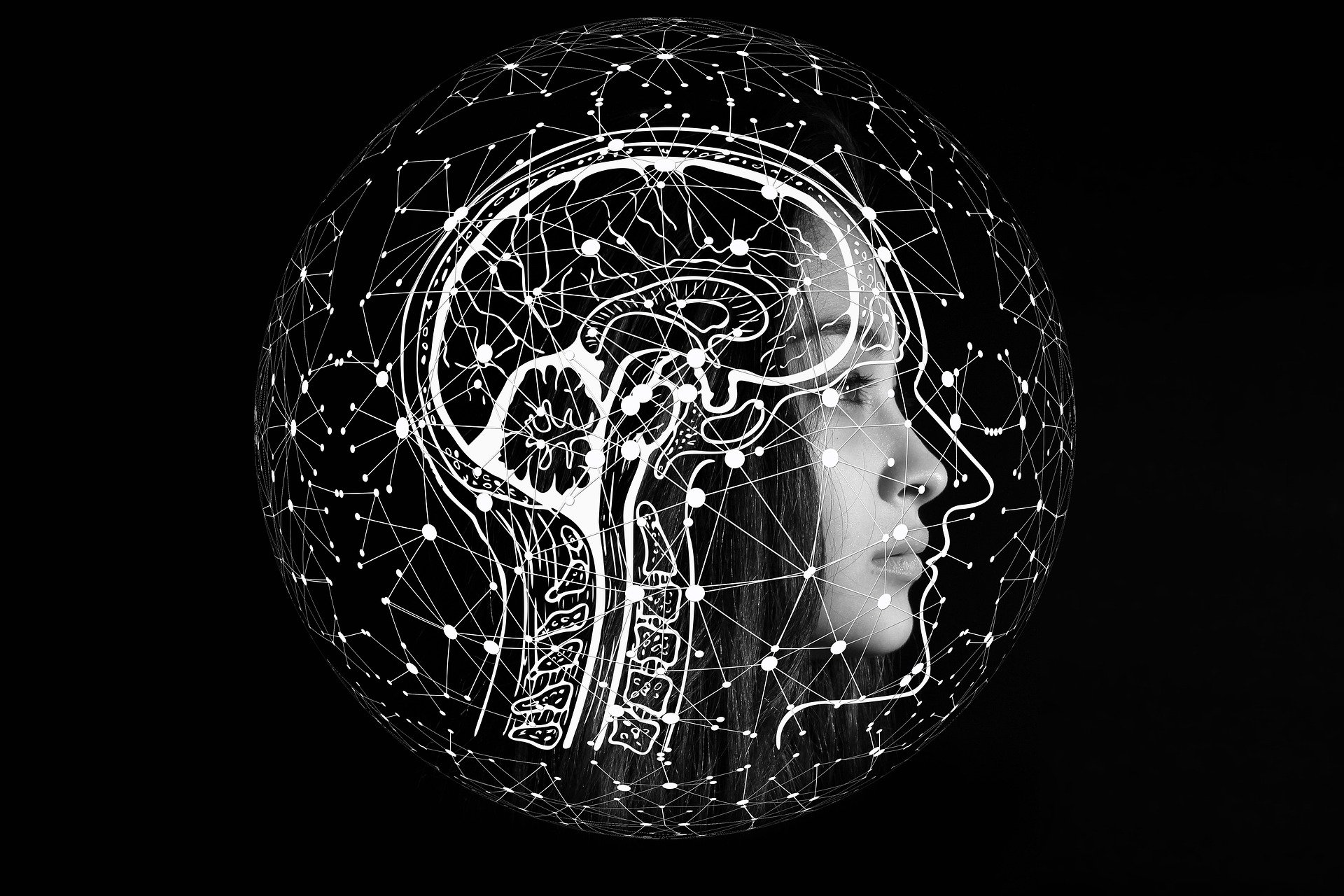
Microsoft SharePoint – Easy Step by Step Guide to Successful SharePoint Implementation
February 16, 2022
The Definitive Guide to Hiring the Right Data Scientist in a Competitive Industry
February 19, 2022
The Definitive Guide to Hiring the Right Data Scientist in a Competitive Industry

Data is often regarded as the oil of the twenty-first century. The data science platform market is poised to grow at a CAGR of 30%, from $37.9 billion in 2019 to $140.9 billion by 2024. Data science is one of the most promising fields of this century, but it would be safe to say that the space is still evolving, and it is not always apparent to recruiters what the latest trends and technologies are. Considering the competitive nature of the industry, companies need to know what they are doing when approaching the task of finding and hiring a good data scientist. It is imperative to gain a good understanding of the requirements and the necessary skills to fulfill them. It is equally important to pay adequate attention to the onboarding process to keep the attrition low since even a single bad hire can hamper the organization's overall productivity. Hiring is a complicated process, and hiring your first data scientist can be incredibly intimidating. This guide aims to help you navigate the process.
Data Science: What is it?

Data science involves acquiring, cleaning, organizing, and analyzing data. The goal is to build a machine learning model that processes the data to predict future outcomes and use it to predict user behaviors and trends. Data science essentially aims to solve problems by gaining insights from raw data using a multidisciplinary approach involving statistics, mathematical algorithms, and machine learning. Here are the five core stages of the data science life cycle:
- Data Capture: This process involves acquiring data from various sources. It also consists of extracting data and making it readable for a machine.
- Data Cleaning: It is the practice of correcting or deleting incorrect, corrupted, improperly formatted, duplicate, or incomplete data from a dataset. Inaccurate data can break models and algorithms down, leading to catastrophic results.
- Data Processing: Data processing involves classifying data into different categories and modeling data.
- Data Analyzing: Data analyzing involves using different machine learning methodologies such as regression, knowledge mining, or predictive analytics to gain insights from the data.
- Data Visualization and Decision Making: This step involves data visualization and incorporating the insights gained into decision-making at the executive level.
Why You Need To Hire a Data Scientist

Hiring a data scientist can prove to be highly beneficial to your business, provided that you are ready for it. As the name implies, data is of central importance in data science. However, a data scientist can only produce value for your business if organization-wide data integrity and management principles are in place. Before you hire a data scientist, it would certainly help to know what a digital transformation means for your business. Then, you can use platforms like Kaggle to help test hypotheses about the business process that could be improved with better analytics and data science. Here are some of the typical applications of data science across a host of different industries:
- Healthcare: The healthcare industry is at the cusp of a revolution that can transform patient care and disease treatment with the help of data science. Artificial intelligence fields like computer vision are proving to be beneficial in diagnosing diseases.
- Financial Services: With the help of techniques and predictive analytics, the financial services industry is improving user experience by offering tailor-made solutions to everyone instead of the select few that could afford them earlier. Fraud prevention has emerged as an actual field with predictive analytics, with companies like Palantir Technologies at the forefront.
- Energy and Utilities: The energy and utilities companies have access to a vast amount of data that can be used to predict utility prices at different times during the day and optimize electricity consumption. The autobidder software from tesla works like a virtual power plant where the generation and consumption of electricity are optimized to ensure minimum costs to the user.
What to Look for in a Data Scientist

Data science is a space that comes with a steep learning curve. It can be challenging for rookies to get into the industry and perhaps even more difficult for managers to hire for roles unless you know exactly what you're looking for. A data scientist can take large data sets and extract meaning from them. They can use statistics, machine learning, and programming to find trends and patterns. Apart from the technical skills, there are other specific skills a data scientist must possess. The ideal candidate must possess some degree of general curiosity and data intuition for solving problems. Having a statistical approach to problem-solving can also prove to be beneficial. Here are some of the essential technical skills for a data scientist:
- Python/R Programming
- Probability and Statistics
- Hadoop
- Apache Spark
- Database Management
- Microsoft Excel
- Machine learning
- Data Visualization
- Business Acumen
- Effective Communication Skills
How to Assess a Data Scientist's Capabilities

You must take the necessary time to write a well-detailed job description straight to the point rather than beating around the bush. This can make the screening process significantly easier and save time. Given the multidisciplinary nature of the role, you must define the requirements based on your own needs since the responsibilities of a data scientist can vary a lot from one company to another. Degrees and certifications are always good indicators of core competency, but they are not enough to be relied upon solely. Prior experience and a business-savvy mindset can certainly help. The hiring process is broken down into multiple rounds to assess candidates at various top companies. Firstly, a candidate's problem-solving skills are tested in a preliminary screening round by asking a few questions about the multiple disciplines that make up data science. It is then followed by technical interviews that evaluate the candidate's programming, database management, and machining learning skills. Finally, an interview with an executive and human resources can help determine whether the candidate is a good fit for the organization or not. For evaluation of technical skills, different platforms like Kaggle and HackerEarth offer solutions that prove beneficial for the adequate assessment of candidate
How Atidan Technologies can help hire exceptional Data Scientists for your business

Atidan has access to the largest talent pool in the world with a proven track record of customer satisfaction. Atidan provides result-oriented staffing services so that you can focus on your running business. We have highly experienced recruiters with a strong technical background across North America, the EU, and APAC time zones. Atidan boasts of high retention rates for all vetted candidates. With over eight years of experience in staffing and global offices in the USA, UK, India, SEA, and success stories across various industries, Atidan can manage all your hiring needs. Finding data scientists who are a good fit for your organization can be easy with Atidan. In addition, Atidan’s expert consultants can work actively with your business process managers, IT staff, and executive leadership to identify your requirements and help you reach your business goals.

